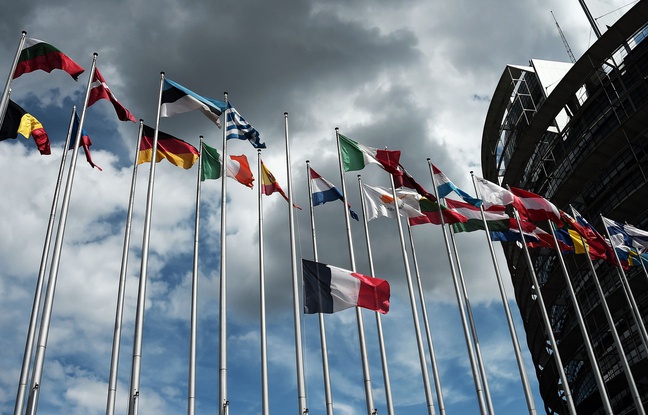Can Brexit have Consequences for European Security?

Brexit: The European Union launches this Saturday its preparatory work for negotiations on the release of the United Kingdom from the European Union …
This Saturday, Michel Barnier, the man that the European Commission has chosen to conduct the negotiations of Brexit with the UK, will officially take office. In the context of the highest terrorist threat that Europe has experienced in recent decades, one of the major issues of the negotiations could be security cooperation, particularly in the fight against terrorism.
The Interior Minister Bernard Cazeneuve and his British counterpart Amber Rudd have met on Wednesday, while the day before, the European Ministers of Defence met in Bratislava, Slovakia, to enhance military cooperation. “The Brexit is far from done, said Eric Denécé, the French Centre for Research on Intelligence. We will attend two years of negotiations before things are done. ”
Strategic and military dimensions
In any case, European security could suffer with an output of the UK at a diplomatic level. “On a strategic level, this will affect the European Union, explains Olivier de France, a specialist in defence issues and European security IRIS. A Union of 27 without the United Kingdom which is the only country with France to have a nuclear weapon and a top army will necessarily be diminished at a diplomatic level. ”
Yet from a strictly military point of view, the Brexit will not necessarily change much. “The United Kingdom is not militarily invested through the European Union, but rather through NATO and bilaterally, notes Olivier de France. Cooperation with France on this subject has always been good. These agreements will remain, as they were not linked to the EU. “The United Kingdom may therefore continue to take part in strikes in Syria and Iraq and interventions in the Horn of Africa.
No European Army
The question of European defense is anyway still not on the agenda, as recalled discussions between defence ministers in Bratislava. The British are again opposed the creation of a joint army. “NATO must remain the cornerstone of our defense and European defense,” and such an idea would be to “undermine” the authority of the Alliance, found Michael Fallon, counterpart Jean-Yves Le Drian.
To those who dare to think that the Brexit could allow progress on a common army project , the minister of British Defence wished to recall that “there is no majority here in favor of a European army . There are a number of other countries that, like us, think that it would infringe on the sovereignty of nation states.” Paris and Berlin can make an exception by offering a possible institutional arrangement that would move to 27 or less without unanimous agreement on defense.
Bilateral agreements
Beyond the military question, the fight against terrorism also requires cooperation of intelligence services. Again, Brexit does not seem a problem. The absence of border controls related to the Schengen area – France has reinstated controls after November 13, 2015 – makes cooperation essential information. However, the UK has not in anyway never part of this, maintaining its border controls.
“Intelligence is one of the few areas in which there will be no impact. The cooperation in intelligence is mostly done bilaterally, there is no real European coordination structure of intelligence. It perfectly cooperates with the US or with some Arab countries that do not belong to the European Union, “said Eric Denécé. An opinion also shared by Olivier de France. “The British know very well that the terrorist threat can not be solved in a strictly national level. These are pragmatic. In areas where they see their interest, they will make sure to cooperate. “
Enjoyed this? Get the week’s top France stories
One email every Sunday. Unsubscribe anytime.


